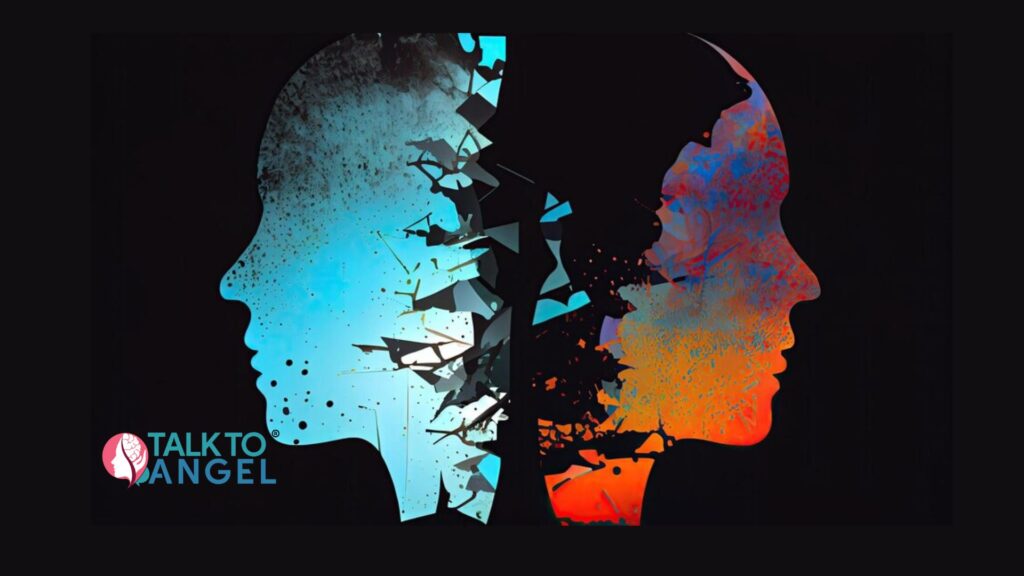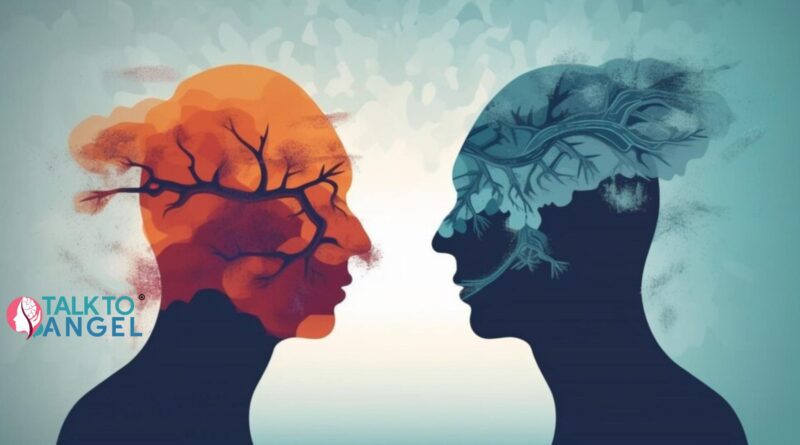Bipolar Disorder: What You Need to Know
Bipolar disorder is a serious mental illness that affects millions of people worldwide. It is characterized by extreme shifts in mood, ranging from manic episodes of elevated energy and euphoria to depressive episodes of sadness and hopelessness. These mood swings can have a profound impact on a person’s daily life, making it challenging to carry out day-to-day tasks, maintain relationships, and even go to work or school

Types of Bipolar Disorder
Bipolar disorder comes in a variety of forms, each with a distinct set of symptoms:
- Bipolar Disorder: This is the most severe form of the illness and is characterized by manic episodes that last for at least seven days. Depressive episodes often occur as well, lasting for at least two weeks. Some individuals may also experience episodes of depression with mixed features, where depressive and manic symptoms occur simultaneously.
- Bipolar Disorder: This type of bipolar disorder is characterized by a pattern of depressive episodes and hypomanic episodes. Hypomanic episodes are less severe than full-blown manic episodes but still involve elevated mood and increased energy.
- Cyclothymic Disorder: This is a milder form of bipolar disorder characterized by numerous periods of hypomanic symptoms and depressive symptoms that do not meet the criteria for a full-blown episode. These mood swings are less severe but can still have a significant impact on daily functioning.
Symptoms of Bipolar Disorder:
Bipolar disorder signs can differ from people to person, however some common signs include:
- Mania: Periods of abnormally elevated mood, energy, and activity levels.
- Hypomania: Less severe periods of elevated mood, energy, and activity levels.
- Depression: Periods of low mood, energy, and activity levels.
- Rapid cycling: Multiple episodes of mania, hypomania, and depression in a short period of time.
- Mixed episodes: Episodes that have symptoms of both mania and depression.
Causes of Bipolar Disorder:
The exact cause of bipolar disorder is still unknown, but researchers believe that a combination of genetic, environmental, and neurological factors play a role. It is believed that imbalances in certain brain chemicals, such as serotonin and dopamine, may contribute to the development of the disorder. Additionally, a family history of bipolar disorder or other mental health conditions can increase the risk of developing the illnessThe exact cause of bipolar disorder is still unknown, but researchers believe that a combination of genetic, environmental, and neurological factors play a role. It is believed that imbalances in certain brain chemicals, such as serotonin and dopamine, may contribute to the development of the disorder. Additionally, a family history of bipolar disorder or other mental health conditions can increase the risk of developing the illness.

Treatment and Management
Fortunately, bipolar disorder is a treatable condition, and with the right support and treatment, individuals can lead fulfilling lives. Treatment typically involves a combination of medication, psychotherapy, and lifestyle changes.
Medications such as mood stabilizers, antipsychotics, and antidepressants may be prescribed to help manage symptoms and stabilize mood. Psychotherapy, such as cognitive-behavioral therapy (CBT) or interpersonal therapy (IPT), can help individuals develop coping strategies, manage stress, and improve relationships. Additionally, lifestyle changes such as maintaining a regular sleep schedule, engaging in regular exercise, and avoiding alcohol and drugs can also be beneficial.
The Importance of Support and Understanding
Living with bipolar disorder can be challenging, both for individuals with the condition and their loved ones. It is crucial to provide support, understanding, and empathy to those affected by bipolar disorder. Educating oneself about the illness, seeking professional help, and fostering open communication can make a significant difference in managing the condition and improving overall well-being
TalktoAngel: Online Therapy for Bipolar Disorder
TalkToAngel is an online therapy platform that offers support and counseling for individuals with bipolar disorder. They provide online counseling services for bipolar disorder, offering treatment options such as psychotherapy, also known as “talk therapy,” in conjunction with medication. The platform aims to help individuals gain better control over their mood swings and other symptoms associated with bipolar disorder.
Online counseling for bipolar disorder can provide individuals with the support, education, and guidance they need to manage their condition effectively. TalkToAngel offers access to qualified psychologists and psychiatrists who specialize in treating bipolar disorder. They can provide therapy sessions through their online platform, allowing individuals to receive treatment from the comfort of their own homes.

TalktoAngel offers a variety of services for people with bipolar disorder, including:
- Individual therapy: Individual therapy is a one-on-one session with a therapist who can help you understand your bipolar disorder, develop coping skills, and manage your symptoms.
- Couples therapy: Couples therapy can help you and your partner understand how bipolar disorder affects your relationship and develop strategies for coping with the challenges.
- Family therapy: Family therapy can help your family understand bipolar disorder and learn how to support you.
- Group therapy: Group therapy can provide you with support from other people who are living with bipolar disorder.
TalktoAngel also offers a variety of resources for people with bipolar disorder, including:
- Articles and blog posts: TalktoAngel has a library of articles and blog posts about bipolar disorder that can provide you with information and support.
- Videos: TalktoAngel offers a variety of videos about bipolar disorder that can provide you with information and support.
- Podcasts: TalktoAngel offers a variety of podcasts about bipolar disorder that can provide you with information and support.
If you are interested in learning more about how TalktoAngel can help you with bipolar disorder, you can visit their website or contact them for a free consultation.




